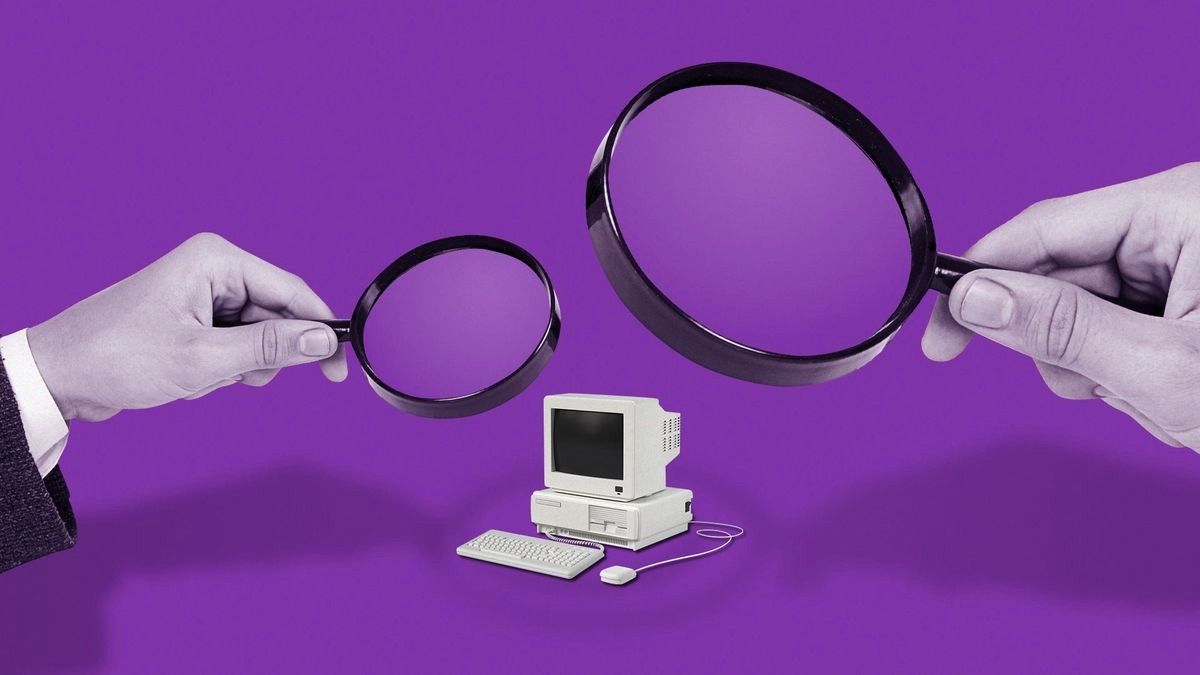eNews, Leadership
Are you “credit”-able?
In an industry where decisions can have significant financial implications, mere competence is often not enough to inspire confidence. Credit managers must strive to cultivate a unique brand of “credit”-ability—a combination of expertise, integrity and professionalism that sets them apart as trusted partners in risk management.

In an industry where decisions can have significant financial implications, mere competence is often not enough to inspire confidence. Credit managers must strive to cultivate a unique brand of “credit”-ability—a combination of expertise, integrity and professionalism that sets them apart as trusted partners in risk management.
Why it matters: Credibility (or “credit”-ability for credit managers) helps establish trust and confidence with your customers, colleagues and upper management.
Selling a product, getting a promotion or even getting others to believe in your business decisions without trust is unlikely. So, here are a few ways credit professionals can build their credibility:
Establish rapport. Finding ways to relate to your peers, customers or other key people in your company is key to establishing rapport with them. Whether it’s getting a report to someone on time or putting time aside to help others, people will feel more comfortable in trusting you will do what you say. “A good way to build your credibility among others is through honest and fair reporting of customer’s payment habits to reporting agencies and trade reference requests,” said Kyle King, CCE, regional credit manager at Joseph T Ryerson & Son, Inc. (Little Rock, AR). “Participating in credit groups, sharing information and attending group meetings while building long-lasting relationships plays a role too.”
Strong communication is an essential part of establishing a rapport with others. You must learn how to communicate effectively based on factors including your relationship with the person, the point you want to get across and the other person’s communication style. Many times, the message can get lost in translation, especially through email or text. “Face-to-face communication goes a long way,” said Joy Conrad, CICP, global credit analyst at Franklin Electric Co. Inc. (Fort Wayne, IN). “Being approachable in the office and able to talk to upper management is important to build the relationships needed for credibility.”
Never stop learning. Learning is an indefinite practice. Whether 40 days or 40 years into your career, education never stops. Some professionals go above and beyond by becoming certified. NACM’s Professional Certification Program gives credit professionals the opportunity to gain expertise and build credibility in the credit field. “It demonstrates the dedication to the credit profession and continued education that comes with having the designations,” said King. “Those around you are more likely to have a sense of trust when you are well versed in the subject matter.”
Break through barriers with other teams. It’s easy to stick to your own team and not feel the need to venture out to build relationships with others. But building credibility with other teams can lead to an overall competitive advantage for the company. Being in a crowded marketplace where several companies offer similar products or services, credibility can make one company stand out drastically from another. A reputable and credible company will attract customers over its competitors.
Janet Elliott, financial services manager at Werner Electric Supply Company (Appleton, WI), said she thinks about sales when building credibility. “One requirement of my credit analysts is having a monthly or bi-monthly meeting depending on the level of volume with their managers,” explained Elliott. “We’re doing check-ins with sales, setting up recurring meetings and asking what accounts they’re trying to grow. We want to make sure we can be proactive and approve the account for growth now instead of backpedaling later. It’s good to know what’s going on and how we can support the business.”
Don’t be afraid to make mistakes. Acknowledging your mistakes in the work world can seem daunting—especially when you may have let others down. However, it’s inevitable. Whether small or large, mistakes play a part in how others perceive your credibility. “How you handle your mistakes says a lot,” said Conrad. “If you are open to feedback you get from other people, that helps the other person see you can take constructive criticism and are able to admit you’ve done something wrong.”
The bottom line: Credibility in the business world is vital for building trust and confidence, which can be achieved through effective communication, continuous education and establishing rapport with colleagues and customers.





